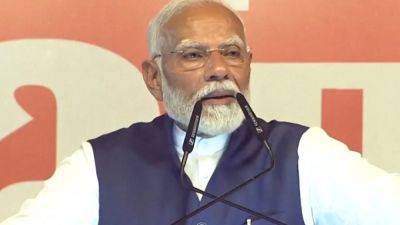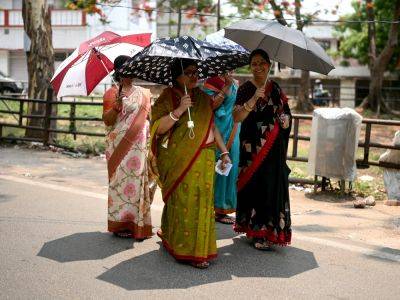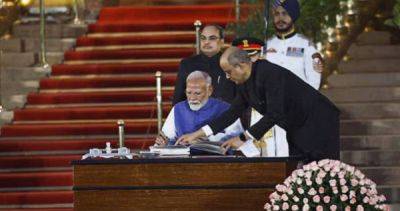No voter love for Modi’s politics of hate
India’s six-week election campaign came to an end on Tuesday, with 640 million people voting in the world’s largest poll.
Prime Minister Narendra Modi was expected to cruise to victory and win a third term off the back of his widespread popularity. Instead, voters largely rejected his and his Bharatiya Janata Party’s election platform, with both falling back to earth with a resounding electoral thud.
The BJP is projected to win 240 seats in India’s Lok Sabha, falling short of the 272-seat mark needed to form government. The INDIA alliance, led by the National Congress Party, won 222 seats in a surprise showing, meaning the BJP needs to partner with its allies in the National Democratic Alliance to keep power.
This was not how it was meant to go. Pre-election exit polls projected the BJP and its allies would dominate to win between 353 and 401 seats while the opposition was expected to sputter to a meager 125 to 182 seats. Backed by the polls, there was a widely held view Modi would win and win big.
By any measure, the result is a personal blow for Modi. It is the first time in Modi’s political career that he has not won a majority victory, either as chief minister of Gujarat or as prime minister of India. It also marks a change in fortunes for Congress, which has been in steady decline while Modi has dominated Indian politics for a decade.
Modi will win a third term in office, only the second Indian leader to do so, but he is diminished.
The lackluster result can be linked to several issues ranging from unemployment, growing inequality and fears of constitutional change if the BJP dominated parliament for a third term. But it was Modi’s unabashed and public targeting of minority groups – particularly India’s 200 million





